raised bed gardening problems
elbeardo
10 years ago
Related Stories
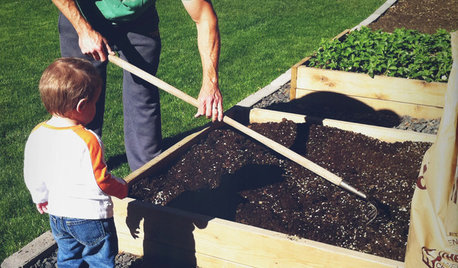
GARDENING AND LANDSCAPINGBuild a Raised Bed to Elevate Your Garden
A bounty of homegrown vegetables is easier than you think with a DIY raised garden bed to house just the right mix of soils
Full Story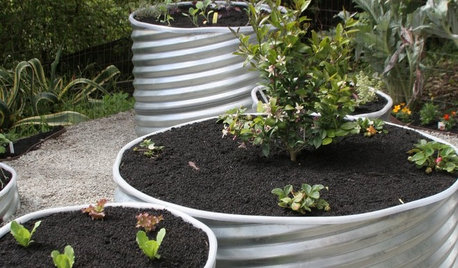
GARDENING GUIDES8 Materials for Raised Garden Beds
Get the dirt on classic and new options for raised vegetable and plant beds, to get the most from your year-round garden
Full Story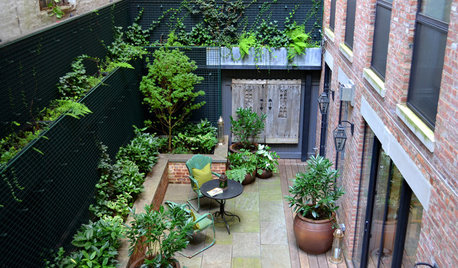
LANDSCAPE DESIGNProblem Solving With the Pros: How to Build a Garden in an Urban Canyon
Skyscrapers, noise and deep shade create an unlikely sweet spot for a timeless green retreat in New York City
Full Story
FARM YOUR YARDHow to Build a Raised Bed for Your Veggies and Plants
Whether you’re farming your parking strip or beautifying your backyard, a planting box you make yourself can come in mighty handy
Full Story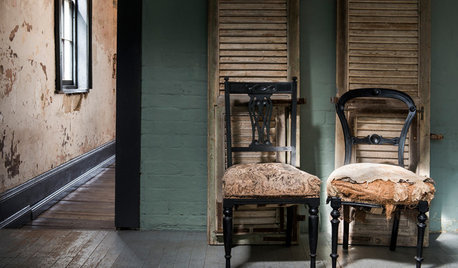
REMODELING GUIDESThe Hidden Problems in Old Houses
Before snatching up an old home, get to know what you’re in for by understanding the potential horrors that lurk below the surface
Full Story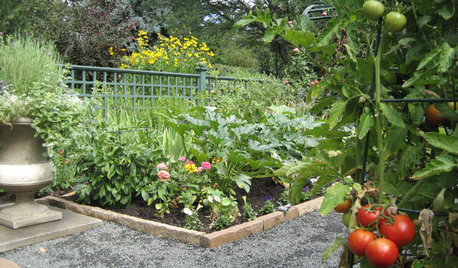
SPRING GARDENINGInspiring Raised Beds for Fall and Spring Planting
Make Your Next Vegetable Garden Even Better with Beautiful Boxes and Paths
Full Story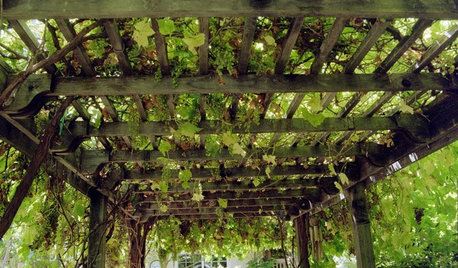
GARDENING AND LANDSCAPINGVertical Gardens Raise the Limits for Landscapes
Turn a small garden space into a towering success with an upward-bound collection of edible delights
Full Story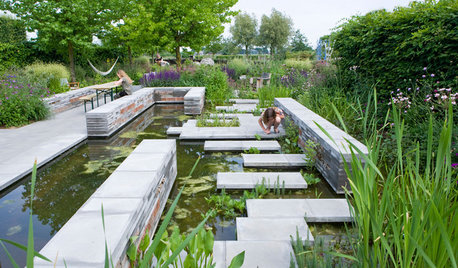
LANDSCAPE DESIGNProblem Solving With the Pros: A Garden Built From Scratch
Nature is reintroduced and redefined in a Dutch urban setting, to forge a dynamic relationship with city dwellers
Full Story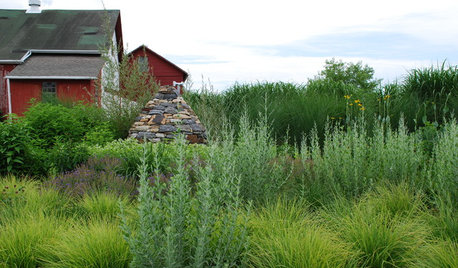
LANDSCAPE DESIGNProblem Solving With the Pros: An Abundant Garden Stretches Its Means
Swaths of resilient, eye-catching plants thrive with little care or resources in the landscape of a Pennsylvania farmhouse
Full Story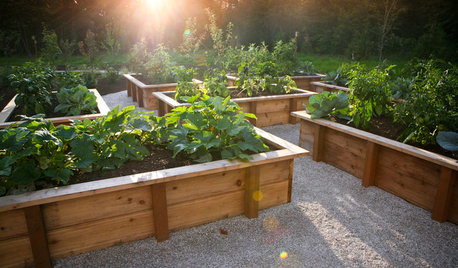
GARDENING AND LANDSCAPINGRaised Beds Lift Any Garden
From good old-fashioned wood garden boxes to modern metal troughs, raised beds can make any landscape space look great
Full StoryMore Discussions








howelbama
seysonn
Related Professionals
Wrentham Landscape Architects & Landscape Designers · Clark Landscape Architects & Landscape Designers · Prairie Ridge Landscape Architects & Landscape Designers · Billerica Landscape Contractors · Milford Landscape Contractors · Andover Landscape Contractors · East Lake-Orient Park Landscape Contractors · Hilton Head Island Landscape Contractors · Kettering Landscape Contractors · Lees Summit Landscape Contractors · Newnan Landscape Contractors · Palos Verdes Estates Landscape Contractors · Seymour Landscape Contractors · Clearfield Landscape Contractors · Northbrook Driveway Installation & Maintenancemissingtheobvious
jean001a
elbeardoOriginal Author
missingtheobvious
galinas
tracydr
elbeardoOriginal Author